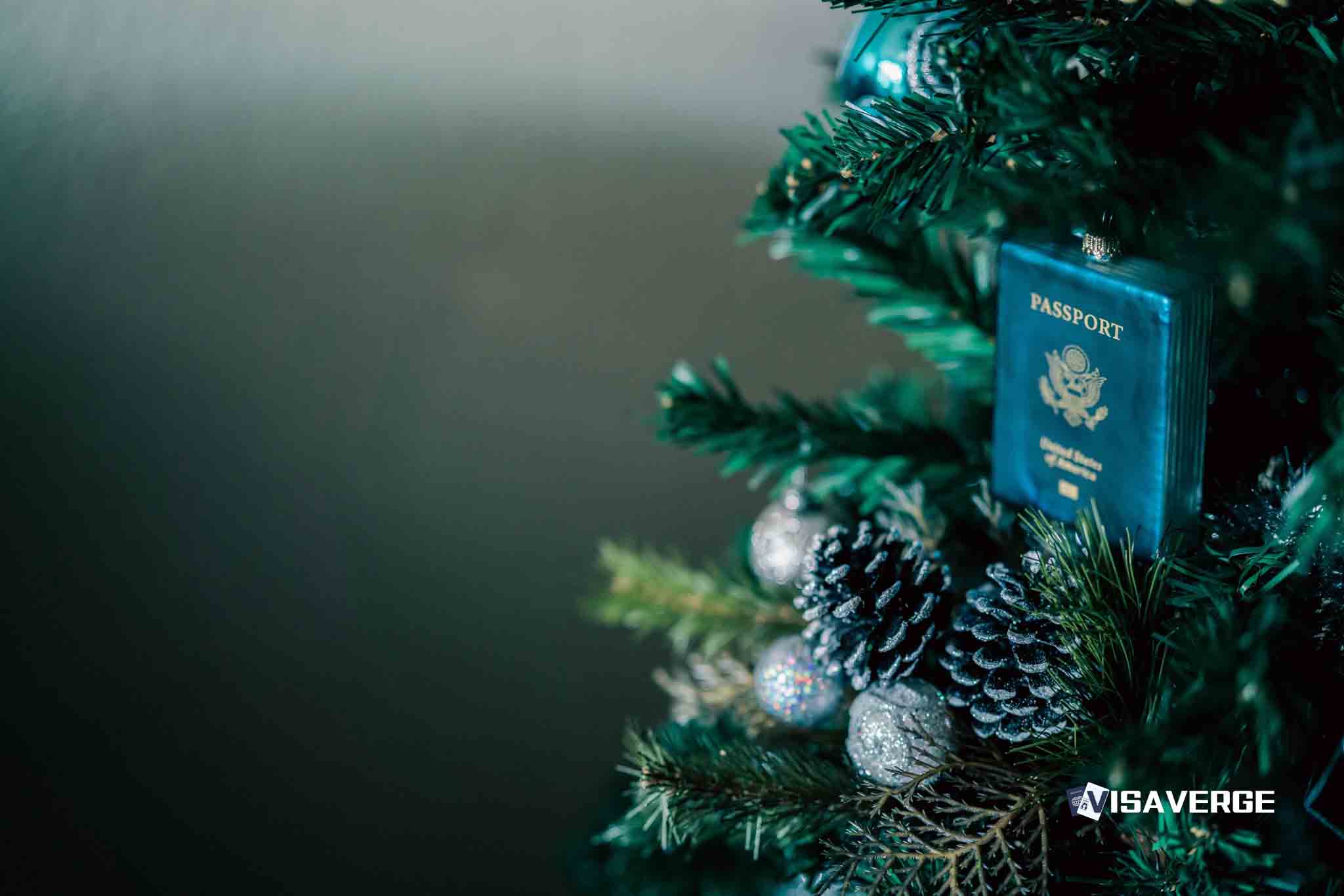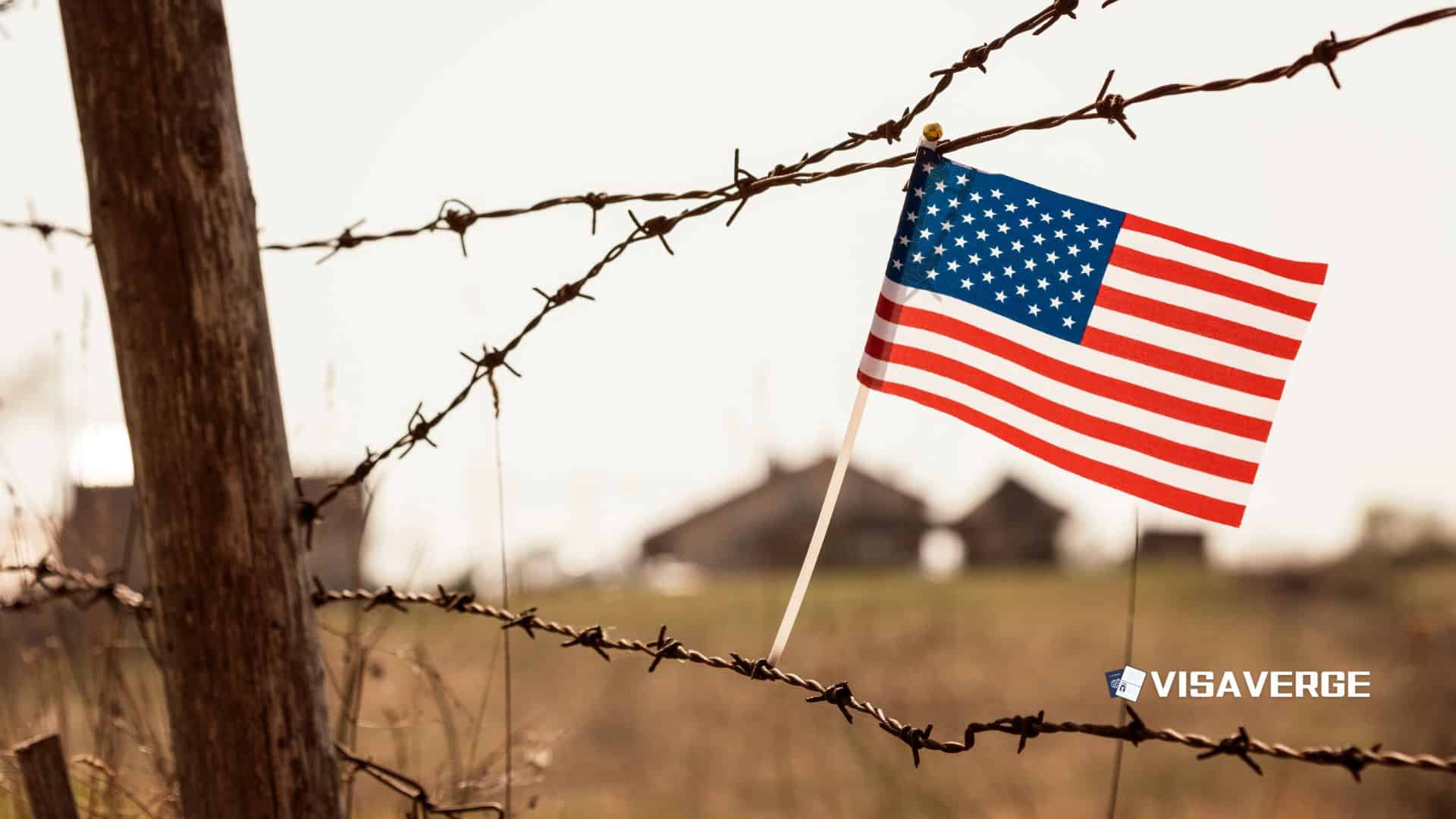Key Takeaways
• Columbus Day remains a federal holiday; only Congress can remove or rename it, not the President.
• Many states now observe Indigenous Peoples’ Day instead or alongside Columbus Day, reflecting diverse perspectives.
• Trump’s announcement is mainly political messaging, aiming to rally supporters and debate historical interpretation.
Former President Trump has recently made headlines by announcing his intention to “bring back Columbus Day,” sparking fresh debate across the United States 🇺🇸 about the role of history, cultural identity, and presidential power. His comments, made on the social media platform Truth Social, add fuel to a long-standing discussion over the commemoration of Christopher Columbus, Italian-American heritage, and the evolving conversation about how the nation remembers its past. This article looks closely at the facts behind Trump’s statement, the legal framework around federal holidays, the cultural and political context of Columbus Day, and what these debates mean for American communities.
Trump’s Announcement and Its Meaning

Donald Trump used strong language when he wrote, “I’m bringing Columbus Day back from the ashes. The Democrats did everything possible to destroy Christopher Columbus, his reputation, and all of the Italians that love him so much… Christopher is going to make a major comeback.” With these words, Trump did not just express a personal view—he tapped into wider conflicts about American history and who gets to shape it. As reported by VisaVerge.com, such statements are often less about real policy change and more about rallying support and signaling political identities.
For many Italian-Americans, Columbus Day stands as a symbol of pride and representation within American society. When Trump links his message to defending Italians and restoring Christopher Columbus’s reputation, he is speaking directly to these communities.
But what do Trump’s words mean in practical terms? Is Columbus Day actually gone? Have the Democrats successfully “destroyed” the holiday at the national level? The answer is simple: No.
The Facts: Columbus Day Remains a Federal Holiday
It is important to clear up some confusion about the status of Columbus Day. Despite Trump’s claims, Columbus Day remains a federal holiday across the United States 🇺🇸. This holiday is recognized by the federal government and, each year, federal offices close in its observance. The process of eliminating or changing a federal holiday is not simple. In fact, the authority to create or remove a federal holiday does not belong to the President acting alone. Instead, it must go through Congress. Unless Congress passes a new law to eliminate, replace, or rename the holiday, its status remains unchanged. Analysis from VisaVerge.com suggests this legal boundary is often misunderstood or ignored in political speech.
While it’s true that the celebration of Columbus Day has changed in many cities and states, this happens at the local or state level. Over half of U.S. states do not officially recognize Columbus Day or Indigenous Peoples’ Day as a paid holiday for state workers. In some places, the date in October is marked as Indigenous Peoples’ Day instead, or both holidays are celebrated at the same time. However, at the national level, Columbus Day’s legal standing is secure.
Changing Holiday Names: State and Local Decisions
The confusion around Columbus Day’s status is partly due to how states and cities treat the holiday differently. Let’s look at a few examples:
- Maine, Vermont, New Mexico, Washington D.C., Los Angeles, and Seattle have shifted away from calling the holiday “Columbus Day.” Instead, they use the name “Indigenous Peoples’ Day” only.
- States like New York, Rhode Island, and Nebraska observe both Columbus Day and Indigenous Peoples’ Day on the same date.
- Some states do not recognize either day as a state holiday at all.
This patchwork approach means a resident’s experience of the holiday can look different depending on where they live. In places with large Italian-American populations, there may be parades and celebrations focusing on Italian heritage and the historical figure of Columbus. Elsewhere, there may be ceremonies or educational programs honoring Native American history and culture.
Efforts have been made in Congress to change the name of the holiday nationally or make Indigenous Peoples’ Day a new federal holiday. However, so far, legislative action has not led to any change. The legal process requires debate, public input, and a vote by both houses of Congress—a process designed to take time and allow for many voices to be heard.
You can read more about how the federal government lists holidays and details the process on the U.S. Office of Personnel Management’s official site.
Presidential Powers: What Can (and Cannot) Be Done
Given Trump’s statement, there is a big question: Can a future President “bring back” a federal holiday on their own? The clear answer is no. While Presidents do have some unique powers, they do not hold the authority to create or abolish federal holidays with a signature or an order. Presidents can:
- Declare a “National Day of Mourning” or issue one-time proclamations for special observances. However, these are temporary unless renewed every year.
- Use their platform to encourage how communities and families mark a holiday.
- Sign bills passed by Congress that establish, move, or rename federal holidays.
But when it comes to permanent changes to the federal calendar, only Congress has the legal power. This point is important because it helps explain why Trump’s promise is best understood as a political statement, not an upcoming change in law or practice.
Why the Debate Over Columbus Day Matters
The debate over Columbus Day is much more than a disagreement about a day off from work or school. Over the last decades, Americans have looked more closely at which parts of their history to celebrate and how to do it. Critics argue that honoring Columbus overlooks or excuses harm done to indigenous peoples, including acts of violence, colonization, and loss of land. This view is behind the push to recognize Indigenous Peoples’ Day, which aims to honor Native American cultures and histories overlooked or harmed during colonial expansion.
Supporters of Columbus Day, meanwhile, point to its role in celebrating Italian-American identity, the contributions of immigrants, and the spirit of exploration. For many, removing Columbus from public honor feels like erasing positive parts of their community’s story.
Statues and public monuments have become especially visible battlegrounds. During recent protests for social justice, some Columbus statues were removed or vandalized. To Trump’s supporters, this looks like an attack on tradition and heritage. To others, it appears as a necessary step toward a fairer historical record. Columbus Day’s future may rest less on presidential politics and more on public discussion, local decision-making, and the slow work of laws and elections.
Summary Table: How October’s Holiday Is Recognized
Here’s how holidays on this date look across different levels:
| Level | Name Used | Status |
|---|---|---|
| Federal | Columbus Day | Official Holiday |
| Many States | Indigenous Peoples’ Day | Observed Instead/Alongside |
| Some States | Neither Recognized | No State Holiday |
This summary sets the record straight: The name “Columbus Day” has not disappeared from federal law, even if everyday celebrations have changed in some regions.
The Role of Political Messaging
Trump’s mention of Columbus Day has as much to do with politics as it does with history. By blaming Democrats for “destroying” Columbus’s reputation, Trump draws a sharp political line. He offers himself as a defender of both a certain version of history and the communities who cherish it. This approach is not new; presidents (and those who want to be president) often use powerful cultural issues to energize supporters and highlight differences with their opponents.
Political messaging can be powerful, but it does not always reflect the real limits of power laid out in the Constitution and laws. Both Trump and the Democrats want to speak to their supporters’ values. For Trump, talking about Columbus Day lets him focus attention on issues of history, identity, and patriotism. For Democrats, support for Indigenous Peoples’ Day can signal commitment to justice for communities harmed in the past.
Broader Impacts: What This Means for Immigrants, Employers, and Students
For immigrants and those coming from backgrounds where Columbus Day matters, watching these debates can feel personal. Italian-American organizations often lead Columbus Day parade planning and see official recognition of the holiday as a gesture of respect and belonging in the country.
For employers and schools, the legal definition of Columbus Day at the federal level means some workers get a paid day off and some schools close—at least where local laws say so. However, with so much local variation, there can be confusion for businesses operating in many states or cities.
Students may learn different stories in school, depending on where they live. This diversity means opportunities for education, discussion, and sometimes debate about which parts of history to celebrate and why.
Public Opinion and Possible Future Changes
There is growing public interest in looking at history from many angles. While some want to keep holidays as they are, others push for new names or new stories to be told. Legislative proposals to rename Columbus Day or make Indigenous Peoples’ Day a new federal holiday reflect that change takes time—and not everyone agrees.
If Congress decides to act, it will likely come after a lot of discussion, hearings, and voting. The rules about how the United States 🇺🇸 recognizes holidays exist to make sure all voices can be heard and that no single person or group makes the decision for everyone.
Final Thoughts: The Real Power Lies With the People
Despite heated words and political promises, Columbus Day’s future will probably depend on what ordinary Americans, cities, and states decide to do—not just what a President says or posts online. The country’s approach to history, culture, and memory is always changing. Today, both Columbus Day and Indigenous Peoples’ Day serve as reminders of that.
If you’re looking for more detail on the current laws and holiday observances, you can visit the U.S. Office of Personnel Management official holidays page. For ongoing discussion and updates on how immigration and cultural issues affect holidays, VisaVerge.com continues to offer clear information and analysis.
In the end, no matter the political noise, legal processes—along with community voices—will decide how holidays reflect the full story of America. As the debate over Columbus Day continues, the conversation reveals not just the nation’s past, but its hopes and struggles for the future.
Learn Today
Federal Holiday → A public holiday established by Congress during which federal government offices are closed across the United States.
Proclamation → An official public statement made by the President, which may declare observances but does not create permanent law.
Indigenous Peoples’ Day → A holiday observed in some states and cities to honor Native American history and cultures instead of Columbus Day.
Truth Social → A social media platform founded by Donald Trump, used for sharing statements and political messages.
Statutory Authority → Legal power granted by legislation, such as Congress’s unique ability to establish or eliminate federal holidays.
This Article in a Nutshell
Despite Trump’s claim to “bring back Columbus Day,” the holiday still holds federal status. Changes must go through Congress, not just presidential decree. Local practices vary: some observe Indigenous Peoples’ Day instead. The debate highlights tensions over history, identity, and the real legal limits on presidential powers regarding holidays.
— By VisaVerge.com
Read more:
• Spirit Airlines connects Columbus and Atlanta with new non-stop flights
• How Immigrants Contribute to Population Growth and Economy in Columbus
• Spirit Airlines cancels over 12,000 flights for May and June 2025
• Frontier Airlines announces major flight cuts for 2025
• Delta flights to Atlanta diverted over customs complications













